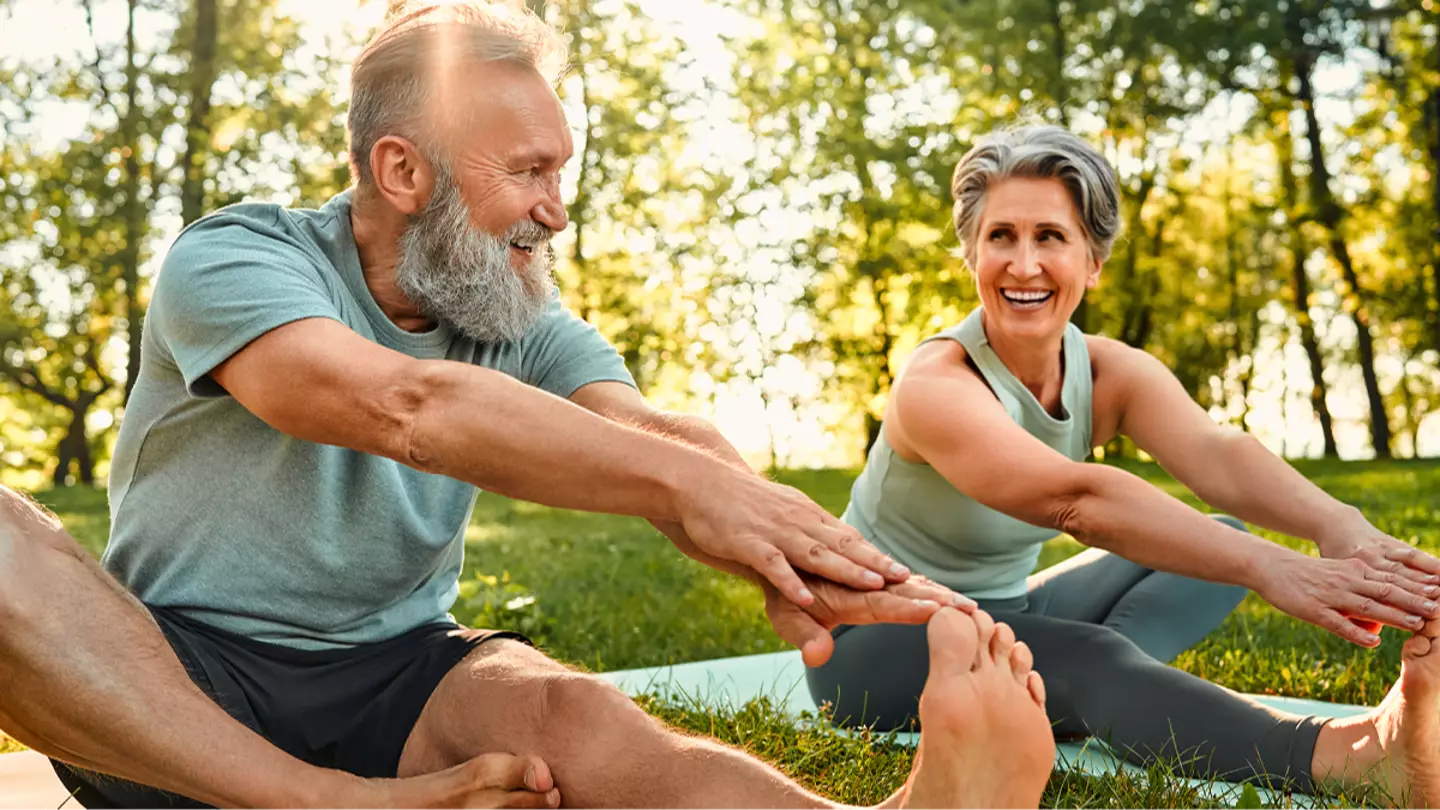A medical professional has identified clear indicators that may suggest you’re not aging well.
Aging is an inevitable process that affects everyone, regardless of efforts to conceal it. Many turn to skincare products or aesthetic treatments in attempts to maintain a youthful appearance.
It’s widely acknowledged that a long and healthy life requires a balanced lifestyle, including nutritious eating, frequent physical activity, and avoiding detrimental habits such as smoking and excessive alcohol consumption.
Dr. Mitch Ghen, an expert in anti-aging and holistic medicine and a director at Access Medical Labs, shared insights with The New York Post about five critical signs related to physical movement that should not be overlooked.
A weakened immune system might result in prolonged illnesses and frequent infections. Dr. Ghen emphasizes the importance of recovering from viruses in about 10 days as a key health indicator. Feeling persistently unwell can signal chronic inflammation, which can also be checked by the condition of your gums during regular dental care.
“Check your gums — they should not bleed or be inflamed with regular flossing or brushing,” Dr. Ghen advised, recommending reducing inflammation with natural compounds like curcumin and EGCG found in turmeric and green tea.
According to Ghen, “Stronger grip strength correlates with better muscle mass, cardiovascular health and longevity.” While aging can lead to decreased strength, grip strength can be assessed using a dynamometer at a doctor’s office, a simple yet challenging test.
At home, grip strength can be tested using a tennis ball or by twisting a wet cloth. Signs such as joint pain, stiffness, or muscle weakness indicate aging of the muscular system.
Hormonal changes are a natural part of aging, potentially leading to mood swings, hot flashes, cognitive fogginess, hair loss, or sleep disturbances. For women, a reduced libido can signal menopause. Testosterone therapy and supplements like pregnenolone and DHEA may help maintain youthful hormone levels.
Increased confusion, forgetfulness, or difficulty concentrating are also signs of aging. More severe cognitive decline can manifest through personality changes. However, the brain can be trained like any other muscle through mental exercises and prioritizing sleep by creating a conducive sleep environment.
Regular physical activity remains crucial for health, with a recommendation of at least 150 minutes of moderate exercise weekly, along with strength training twice a week. Experiencing frequent dizziness or breathlessness during minimal activity might indicate decreasing heart efficiency in pumping blood.

